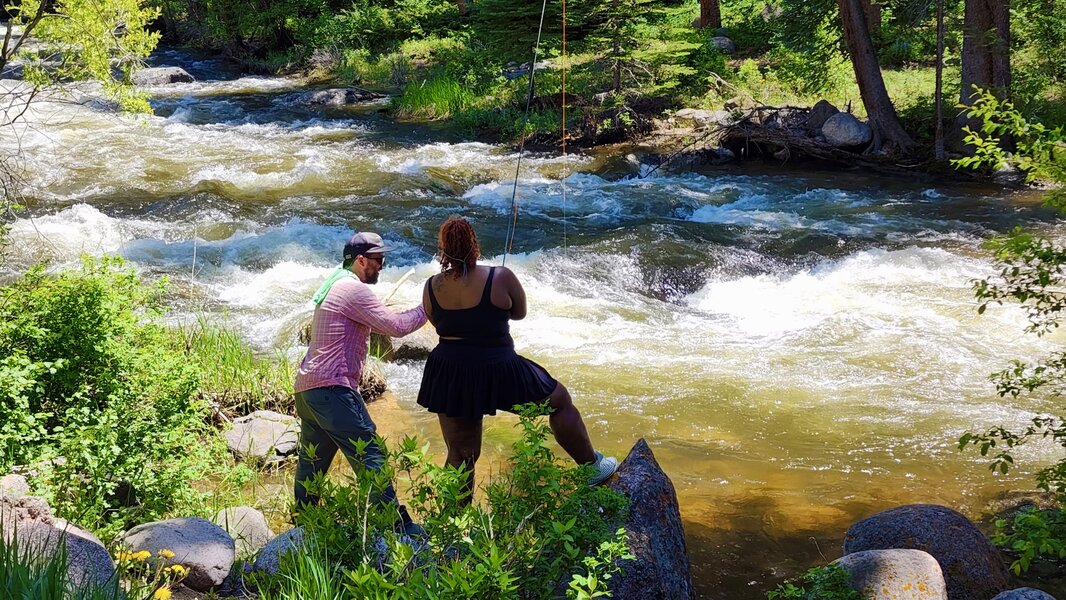In recent discussions, the phrase “The Outdoors Belong to Us, Too” has gained prominence, highlighting the importance of ensuring that public outdoor spaces are accessible to everyone. As urbanization increases and natural areas face threats from development, advocates stress that parks, forests, and other outdoor areas are vital community resources that should be preserved and made inclusive for all citizens.
Public lands have historically served as places for recreation, education, and connection with nature. They are essential for mental and physical well-being, offering a refuge from urban stress and a space for family activities, exercise, and community gatherings. However, access to these lands is sometimes limited by socioeconomic barriers, geographic location, or lack of awareness, which underscores the need for policies that promote equitable access.
Environmental organizations and outdoor enthusiasts are calling for increased funding and policies that protect public lands from privatization and overdevelopment. They argue that these spaces are a shared heritage that must be preserved for future generations. This includes maintaining trails, parks, and wilderness areas, as well as ensuring they are welcoming to diverse populations, including marginalized communities.
Furthermore, the movement advocates for inclusive outdoor programs that encourage participation from all demographics. Initiatives such as community-led outdoor education, free or low-cost outdoor activities, and transportation solutions aim to bridge the gap for those who might otherwise be excluded from enjoying these natural resources.
Legislators are being urged to recognize the importance of public lands in fostering community resilience and environmental stewardship. By protecting these areas and promoting equitable access, society can ensure that everyone benefits from the physical, mental, and social advantages that outdoor spaces provide.
In conclusion, the message is clear: outdoor spaces are a shared resource that belong to everyone. It is a collective responsibility to preserve, protect, and make accessible these natural environments, ensuring they remain a source of joy, health, and community for generations to come.
